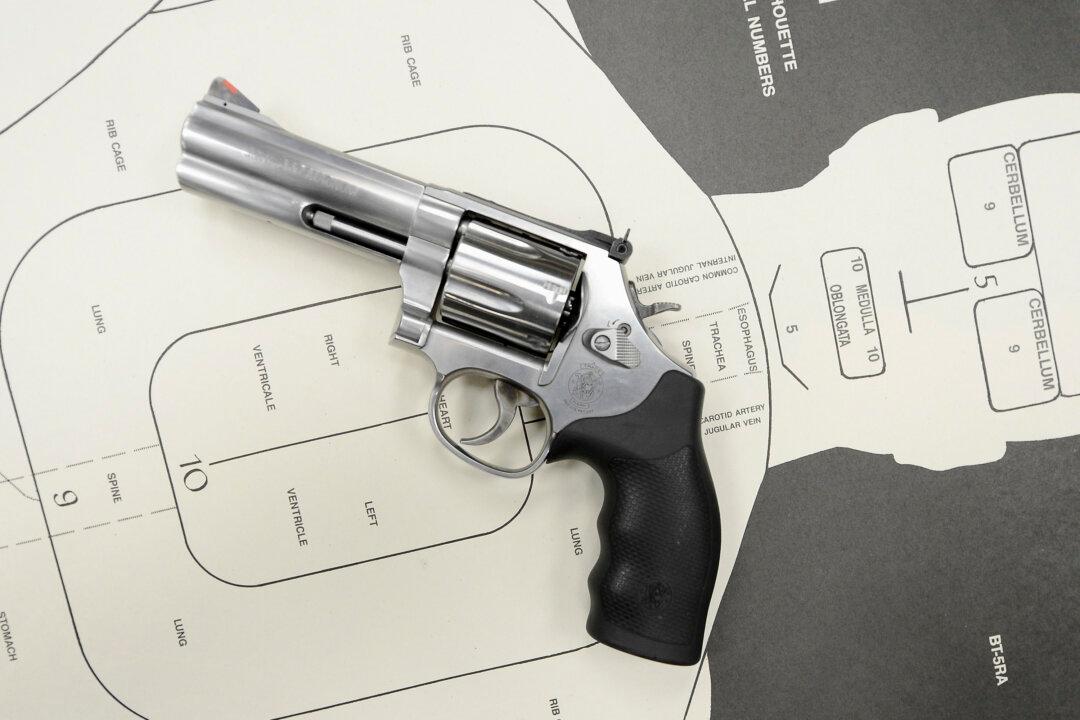U.S. gun maker Smith & Wesson asked the U.S. Supreme Court on Aug. 8 for “immediate review” of its appeal in Mexico’s ongoing $10 billion lawsuit against U.S. firearms companies.
The request was made after a lower court on Aug. 7 threw out the case against six out of eight gun companies in the lawsuit, which is pending in federal district court in Massachusetts. The decision left gun maker Smith & Wesson and gun wholesaler Interstate Arms remaining as defendants.





